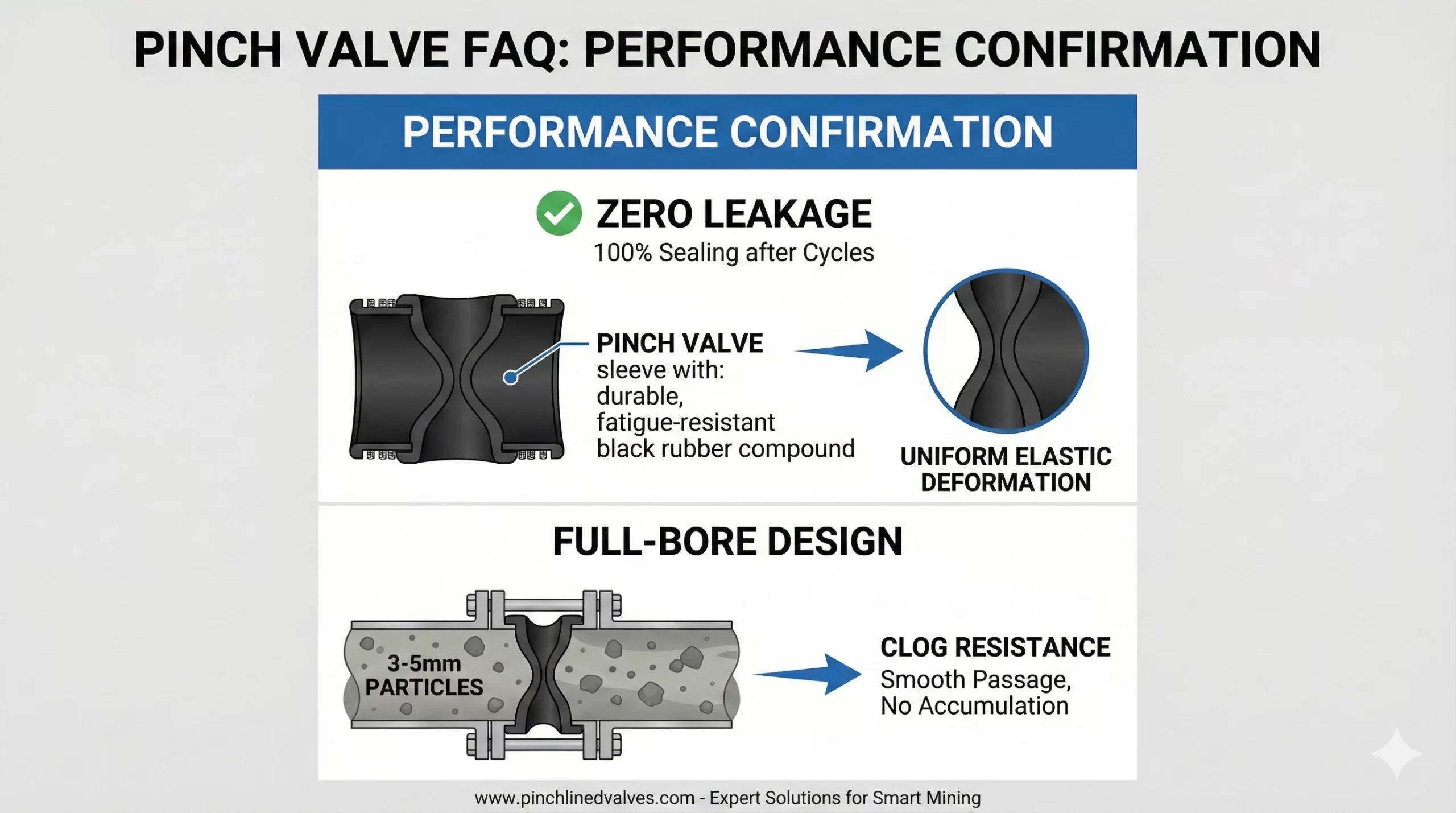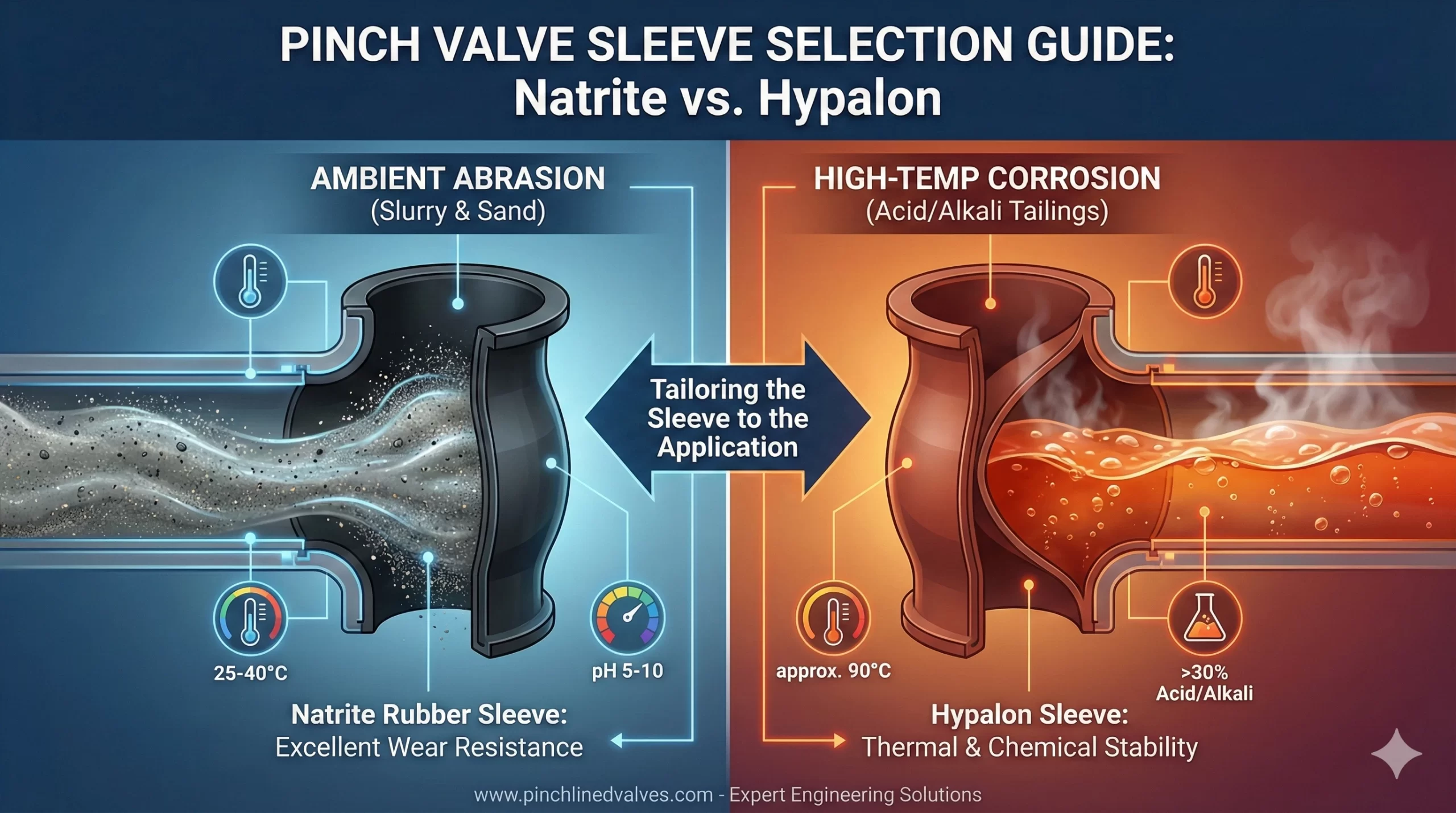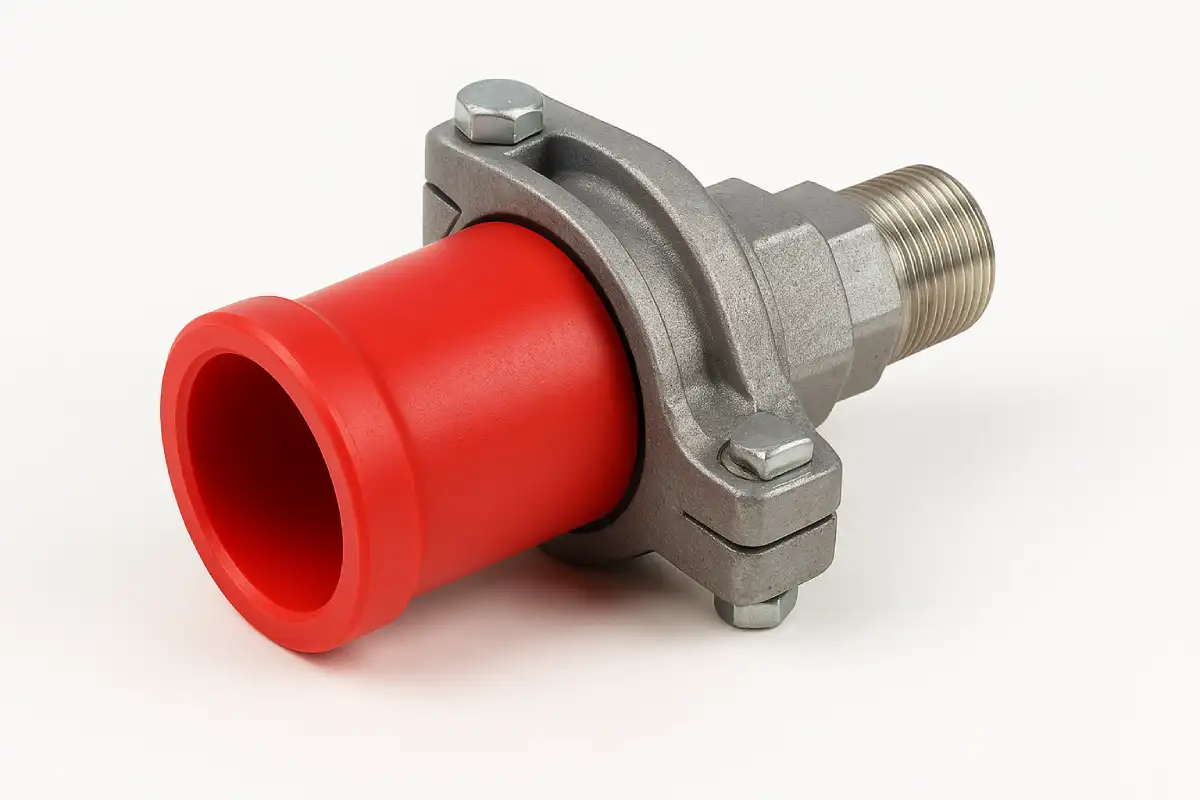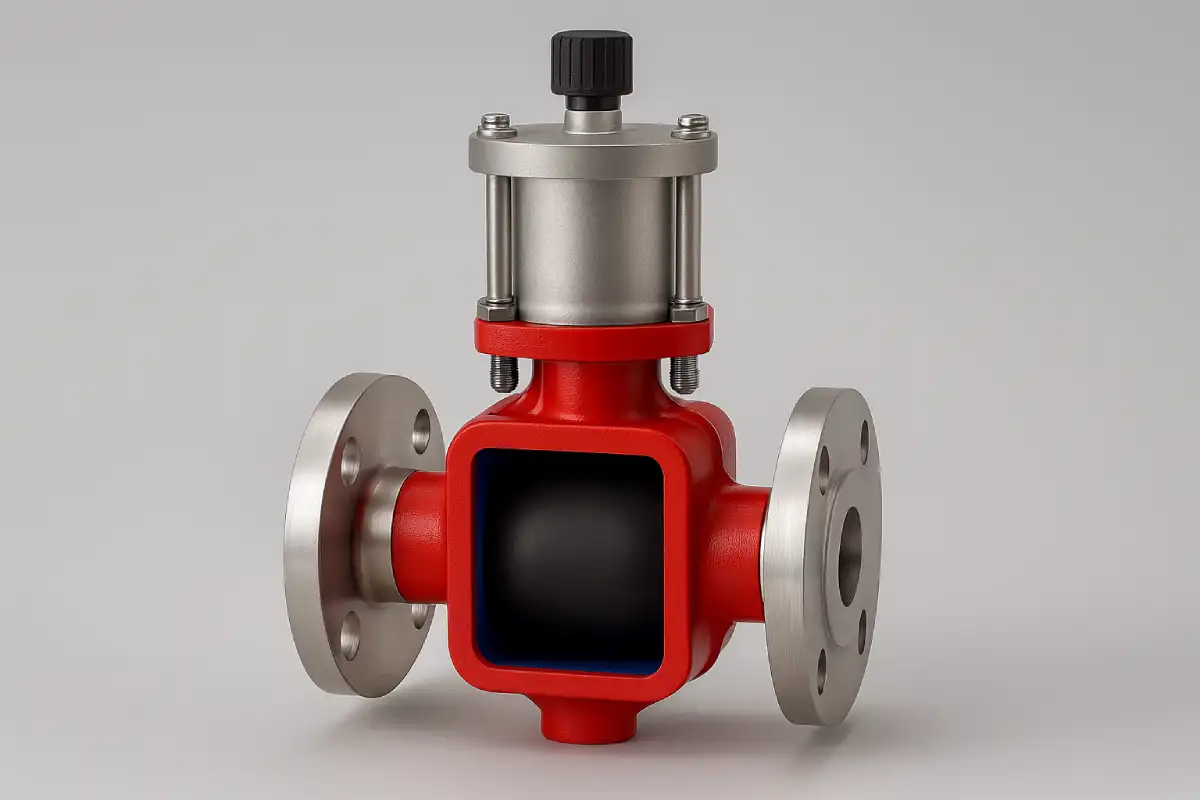

Plastics and elastomers are essential materials in industries ranging from automotive manufacturing to medical devices. While both are polymers (long chains of repeating molecules), their properties and applications differ significantly. This guide breaks down their technical distinctions, backed by industry research and data, to help you make informed material choices.
Plastics are synthetic polymers made from monomers like ethylene or propylene. They are categorized into two types:
Elastomers, often called rubbers, are polymers with elastic properties. Their molecular chains are cross-linked, enabling them to stretch over 100% and return to their original shape. Common examples include silicone and EPDM (Osborne Industries).
| Property | Plastics | Elastomers |
|---|---|---|
| Elasticity | Low (≤ 10% stretch) | High (100–700% stretch) |
| Heat Resistance | Varies: PE (80°C), PEEK (250°C) | Moderate: Silicone (230°C), EPDM (150°C) |
| Recyclability | Thermoplastics: Yes; Thermosets: No | Limited (cross-linked structure) |
Elastomers absorb mechanical stress through their coiled molecular structure. For instance, silicone O-rings stretch to seal gaps under pressure but return to shape when the load is removed (PMC Study).
Plastics like polycarbonate maintain shape under static loads but can crack under sudden impact. PVC pipes handle steady water pressure but may fail if bent repeatedly.
Plastics in Industry
Elastomers in Action
Plastics
Elastomers
Plastics provide structural integrity, while elastomers deliver flexibility. Understanding their differences ensures optimal material selection for industrial durability and performance.

Question 3:Performance Confirmation:Your documentation mentions “zero leakage” and “clog resistance.” We would like to confirm: After long-term operation, will repeated compression cycles cause sleeve fatigue leading to sealing failure? Is the full-bore design truly effective for slurries with larger particles (e.g., 3-5mm)? Answer 3:Confirmation of “Zero Leakage” and “Clog Resistance” Performance (1)Zero Leakage Reliability: Our […]

Material Selection:We are dealing with different working conditions: (1)Question1: Condition A: Ambient temperature (approx. 25-40°C) slurry containing fine sand, where wear resistance is the primary consideration, with weakly corrosive media (pH 5-10). Answer1:(ambient temperature, fine sand, low concentration corrosion, high wear resistance): Preferred recommendation: Natrite Rubber sleeve. Reason: The core advantage of Natrite Rubber lies in its […]

A pinch valve adapter connects a pneumatic pinch valve or manual valve to pipes, tubes, or other parts of a system. With this connector, the valve can manage liquid or gas flow without leaks or strain. It also lets the valve fit in tight or unusual setups. This reduces operational risks and improves overall performance. […]

Yes, they are. Hygienic pinch valves are specially designed to keep things clean and safe, which is why they’re so common in food, pharmaceutical, and biotech environments. Their smooth interior and dead-zone-free design make cleaning quick and reliable. And if the term is new to you, don’t worry, this article will walk you through what […]



